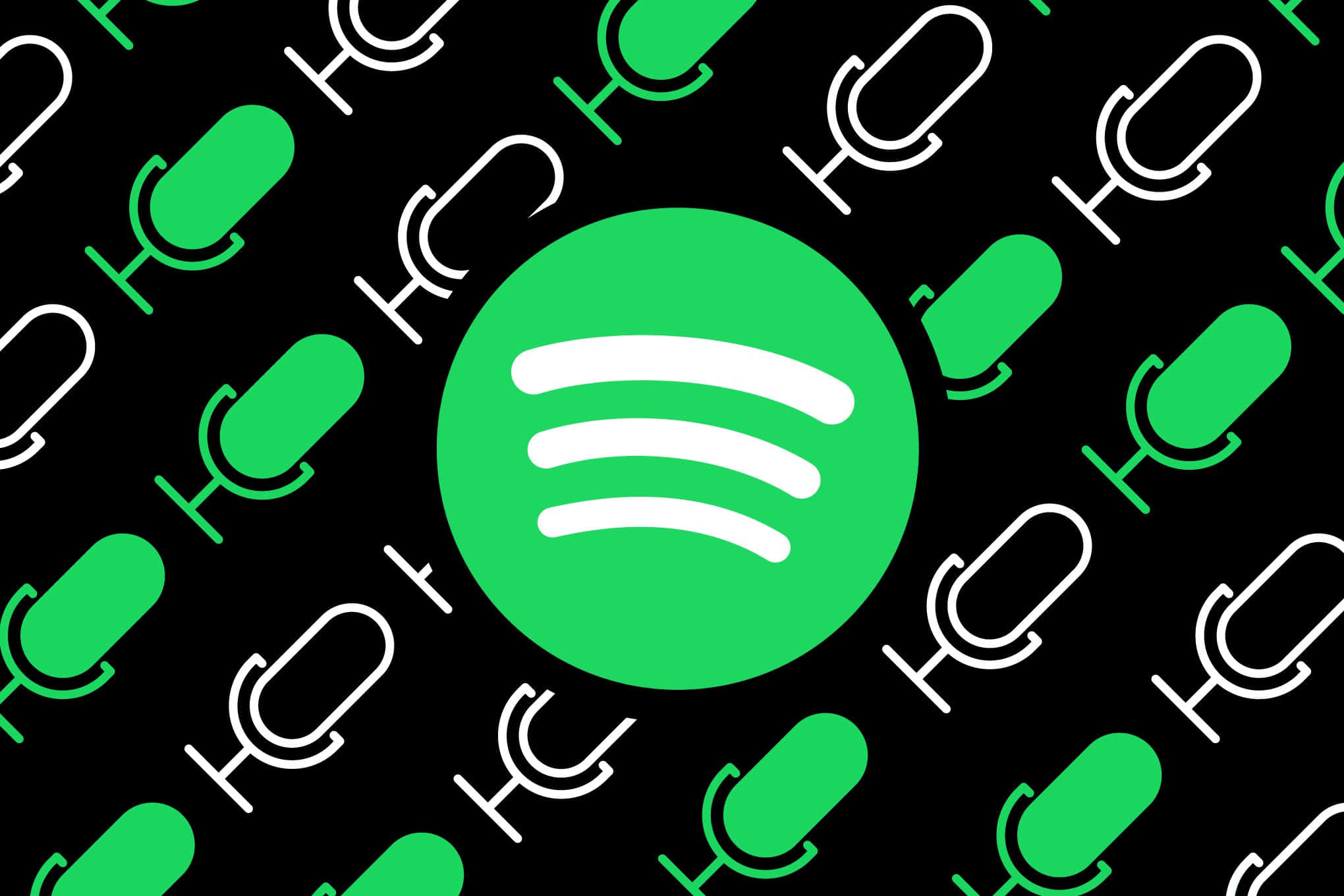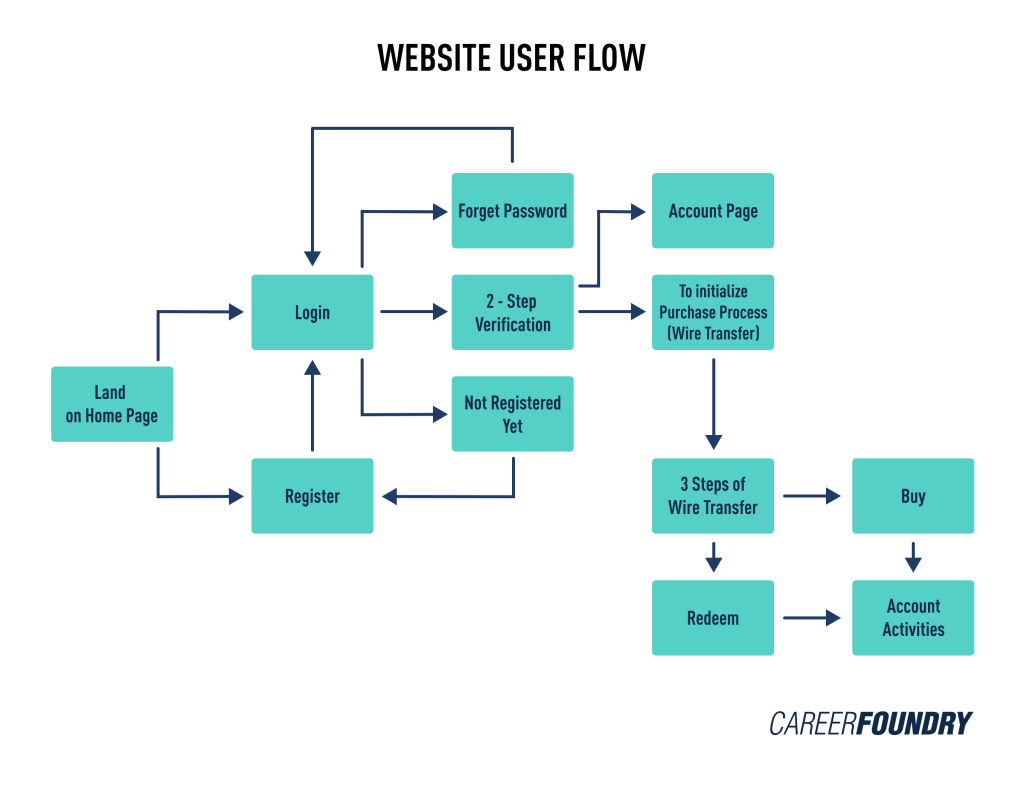In 2025, a controversial development shook the music streaming world when users reported that Spotify was running recruitment advertisements for the U.S. Immigration and Customs Enforcement (ICE). This news quickly became one of the US Trending News stories, sparking widespread debate and prompting calls for action from users and artists alike.
This article explores the context behind these ads, their impact on Spotify’s user base, and the broader implications for digital platforms and government advertising.
What Are Spotify’s ICE Recruitment Ads?
The ads in question were part of a larger campaign by the U.S. government to recruit new agents for ICE. The messages used fear-based language, such as “Millions of dangerous illegals are rampaging the streets” and “Join ICE today,” which many found disturbing. These ads appeared on Spotify’s free tier, where users are exposed to commercials between songs.
According to a statement from Spotify, the ads were not violating any of the platform’s policies. A spokesperson confirmed that the ad was part of a “broad campaign” being run by the U.S. government across multiple platforms, including television, streaming services, and online channels.
Why Did Users React So Strongly?
The reaction from Spotify users was swift and intense. Many expressed outrage, with some even canceling their subscriptions. Social media platforms like TikTok, Instagram, and X were flooded with posts criticizing the ads.
A TikTok user shared a recording of an ad that stated, “In too many cities, dangerous illegals walk free as police are forced to stand down. Join ICE and help us catch the worst of the worst, with bonuses up to $50,000 and generous benefits.”
This type of messaging was seen as inflammatory and contributed to the growing backlash against Spotify.
Artist Backlash and Boycotts
The controversy didn’t stop at users. Many artists and bands also voiced their disapproval. Bands such as Massive Attack, Sylvan Esso, and King Gizzard And The Lizard Wizard launched campaigns to remove their music from Spotify, citing the platform’s support for ICE recruitment ads.
Independent record labels, like Epitaph Records, also joined the movement, calling on Spotify to remove the ads immediately. They argued that platforms should reflect the values of the communities they serve.
Rage Against The Machine’s Zack De La Rocha took to Instagram to criticize ICE, writing, “It’s agents weaponize what they consider to be the law and will only apply it to those that they target, while they illegally detain, harass, terrorize, and disappear the members of our communities with total impunity.”
Spotify’s Response
Spotify responded to the controversy by emphasizing that the ads were part of a government campaign and did not violate its policies. The company also mentioned that users could mark ads as thumbs up or down to influence their ad preferences.
However, this response did little to quell the outrage. Many users felt that Spotify had failed to take a stand on an issue that directly affected its audience.
Broader Implications for Digital Platforms
The situation raised important questions about the role of digital platforms in hosting government advertisements. Should platforms like Spotify be responsible for vetting the content of government ads, even if they comply with policy? Or is it the responsibility of the public to engage with and challenge such content?
This incident highlights the complex relationship between tech companies, government agencies, and the public. As more government campaigns move online, platforms must navigate the fine line between compliance and ethical responsibility.
The Impact on Spotify’s Reputation
For Spotify, the controversy added to a long list of criticisms. The company has faced backlash over its payment model, which many artists argue undervalues their work. Additionally, concerns about AI-generated content and corporate deals have further eroded trust among users.
The addition of ICE recruitment ads seemed to be the final straw for some. Users took to social media to express their frustration, with many vowing to switch to competing platforms like Apple Music.
What Can We Learn From This Situation?
The Spotify-ICE ad controversy serves as a reminder of the power of public opinion in shaping the actions of large corporations. It also underscores the importance of transparency and accountability in digital advertising.
As more government campaigns use digital platforms to reach audiences, it’s crucial for both users and companies to remain vigilant. The balance between freedom of speech and ethical responsibility is a delicate one, and it’s up to all stakeholders to ensure that it’s maintained.
Conclusion
The issue of Spotify’s ICE recruitment ads has sparked a significant conversation about the role of technology companies in society. While Spotify maintains that the ads were compliant with its policies, the backlash from users and artists shows that public sentiment can strongly influence corporate decisions.
As the digital landscape continues to evolve, it’s essential for platforms to consider the broader implications of the content they host. Whether it’s government advertising, artist compensation, or user experience, the decisions made today will shape the future of the industry.
Stay updated with the latest US Trending News and continue to engage with the conversations that matter most to you.
Meta Title:

US Trending News: Spotify’s ICE Recruitment Ads Explained
Meta Description:
Discover the truth behind Spotify’s controversial ICE recruitment ads and their impact on users and artists. Stay informed with the latest US Trending News.
Author Section
Author: Jane Doe
Title/Role: Technology & Culture Reporter
Credentials: With over a decade of experience covering digital trends, Jane has written extensively on the intersection of technology and society. Her work has been featured in major publications including The New York Times and Wired.
Profile Link: LinkedIn Profile
Trust & Credibility
- Snopes – Spotify ICE Ad Claims
- The Independent – ICE Recruitment Ads
- Rolling Stone – Streaming Services and ICE Ads
Image Optimization
Schema Markup
{
"@context": "https://schema.org",
"@type": "Article",
"headline": "Understanding Spotify's Ice Recruitment Ads: What They Mean for Job Seekers",
"description": "Discover the truth behind Spotify's controversial ICE recruitment ads and their impact on users and artists.",
"author": {
"@type": "Person",
"name": "Jane Doe"
},
"publisher": {
"@type": "Organization",
"name": "Tech Insights Daily",
"logo": {
"@type": "ImageObject",
"url": "https://example.com/logo.png"
}
},
"datePublished": "2025-10-25"
}
Featured Snippet Optimization
Spotify ran recruitment ads for the U.S. Immigration and Customs Enforcement (ICE) in 2025, prompting backlash from users and artists. The ads, which used fear-based messaging, were part of a broader government campaign and did not violate Spotify’s policies. However, the controversy led to calls for boycotts and subscription cancellations.
Call to Action
Stay updated with the latest US Trending News and join the conversation about the issues that matter most to you. Explore today’s headlines and stay informed.











More Stories
US Trending News: What is Skattebo Leg and Why It’s Important for Your Fitness Routine
Understanding ‘Smallish Batteries’ in The New York Times: Trends and Insights
Understanding the Snover Evolution Level: What You Need to Know